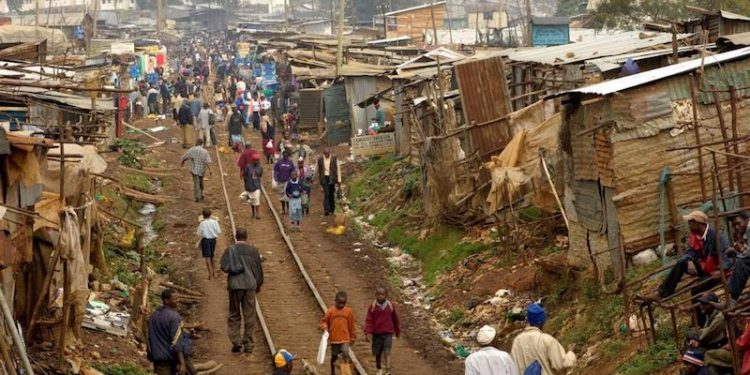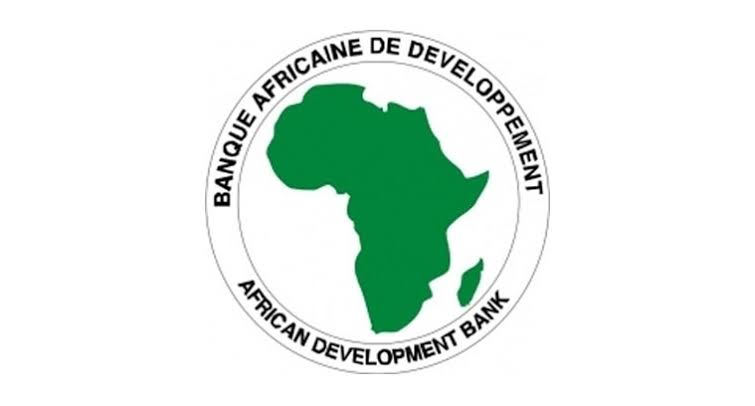A new World Bank report reveals a bleak economic reality for Nigeria, with 14 million more Nigerians pushed into poverty this year due to stagnant labor incomes. Nearly 47% of the country’s population now lives below the international poverty line of $2.15 per day, according to the report *Macro Poverty Outlook: Country-by-Country Analysis and Projections for the Developing World*. The situation underscores the strain that economic pressures and rapid population growth are placing on Nigeria’s resources.
“Labor incomes have not kept pace, pushing an additional 14 million Nigerians into poverty in 2024,” the report states. It estimates that nearly half of Nigerians now live in poverty underlining the need for stronger economic reforms.
In response, the Nigerian government has introduced a cash assistance program for 15 million households, each set to receive N75,000 in three installments, benefiting roughly 67 million people. Yet, the World Bank warns that without further reform, poverty is projected to reach 52% by 2026.
The report emphasizes that economic reforms aimed at protecting vulnerable citizens from inflation and creating more productive job opportunities are essential to curb the rising poverty rate. “Poverty is estimated at 52% in 2026. Reforms to protect the poorest against inflation and boost livelihoods through more productive work are key for Nigerians to escape poverty,” the World Bank noted. It added that maintaining a tight monetary stance without over-relying on central bank borrowing is crucial to moderating inflation.
While the Central Bank of Nigeria (CBN) has increased the monetary policy rate by 850 basis points from February to September 2024 and raised the cash reserve ratio to control inflation, these actions have yet to fully restore Nigerians’ purchasing power, the report cautions.
Macroeconomic Stabilization Alone Is Insufficient
The World Bank stresses that while macroeconomic stabilization is vital, it alone will not unlock Nigeria’s growth potential. “Macroeconomic stabilization is essential and currently underway, but by itself it is insufficient to enable Nigeria to reach its growth potential. Sustained efforts and a credible track record are necessary for sustained progress,” the report states, emphasizing that economic growth is lagging behind population growth, further driving poverty amid high inflation.
According to the report, a comprehensive approach is needed to address this challenge, which advocates for stronger resilience-building strategies and sustainable pathways out of poverty. The World Bank previously reported that in 2023, rising inflation and weak incomes had already pushed 10 million Nigerians into poverty, showing a worsening trend. It attributed this hardship to weak macroeconomic fundamentals and deep-rooted structural issues.
The World Bank also highlights that about 34.3% of Nigerians aged 15 and above are classified as “working poor,” earning below the poverty line despite employment. Many of these individuals are trapped in poverty due to low-skill, low-wage jobs, underscoring the need for significant reforms to uplift the nation’s working population and improve living standards.










